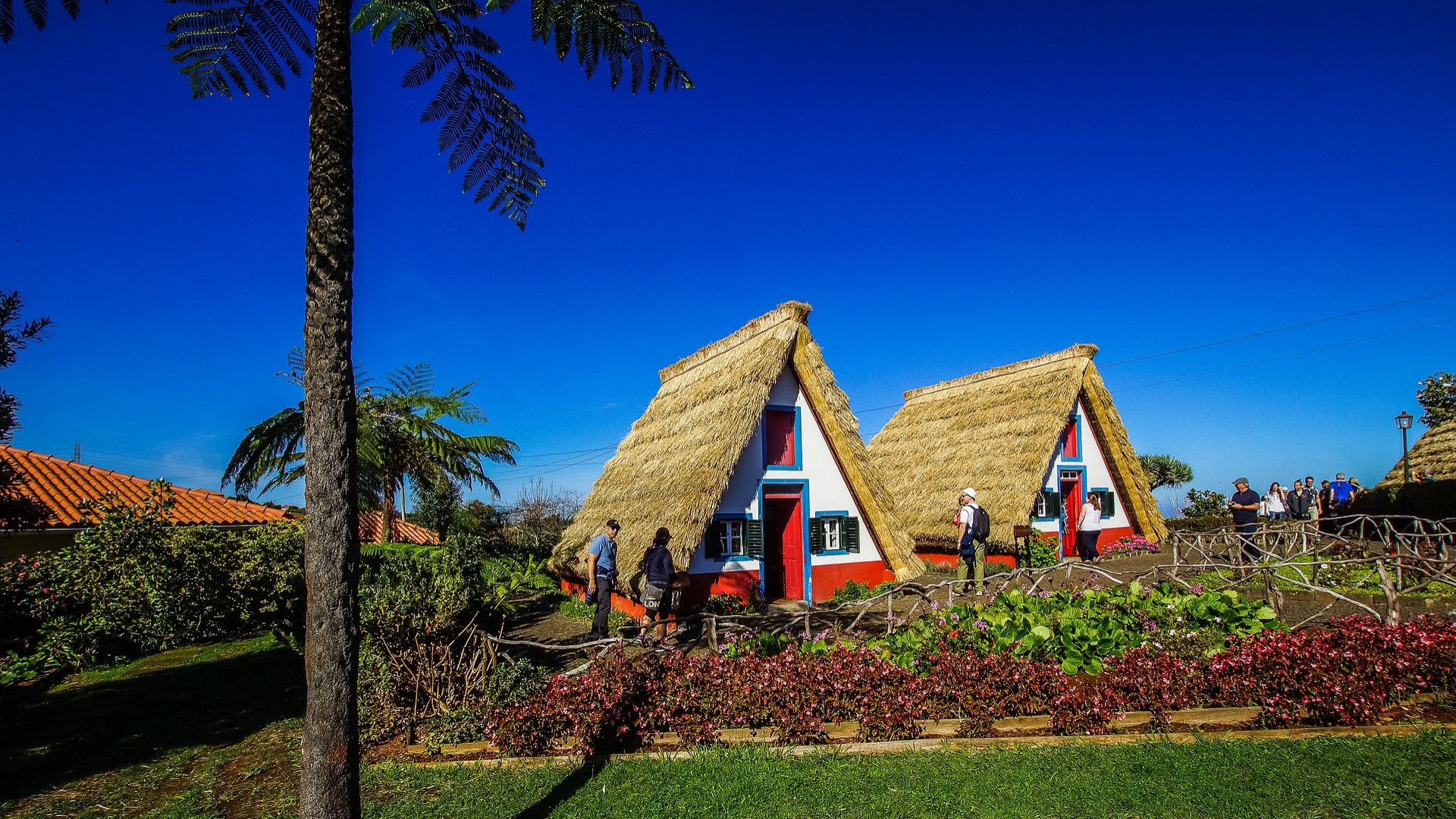Azores joins Madeira on UK travel ‘green list’; mainland still ‘amber’
From Monday the green list will also have several other countries added: Canada, Denmark, Finland, Lithuania and Switzerland.
Portugal’s Azores region is among several territories and countries that are to move to the UK’s “green list” for travel from Monday, with no quarantine required after arrival, the UK Department for Transport has announced.
Under the latest version of the list, which is updated every three weeks, the UK government from 4 a.m. Monday will only require passengers coming from the Azores to submit a negative coronavirus test taken before departure and another in the UK, and they will but no longer have to spend a period in quarantine.
The Azores thus joins Madeira, Portugal’s other autonomous region, which was moved to the UK’s green list at the end of June.
Mainland Portugal, meanwhile, remains on the UK’s “amber list”, with travellers who are fully vaccinated having to quarantine despite having to take a test before travel, although they are exempt from quarantine so long as they take a test by their second full day in the UK. Travellers who are not fully vaccinated must take two PCR tests in the first eight days after arrival and also spend 10 days in quarantine.
From Monday the green list will also have several other countries added: Canada, Denmark, Finland, Lithuania and Switzerland.
Thailand and Montenegro, by contrast, have been moved to the red list, which means that as well as having to show a negative test on arrival, they must quarantine in accommodation indicated by the British government, costing €2,660.
Worldwide, Covid-19 has caused at least 4,461,431 deaths, out of among more than 213.79 million confirmed cases of the novel coronavirus that causes it, according to the most recent assessment by Agence France-Presse, based on official data.
The respiratory disease is caused by the SARS-CoV-2 coronavirus, detected in late 2019 in Wuhan, a city in central China, and currently with variants identified in countries such as the UK, India, South Africa, Brazil and Peru.


